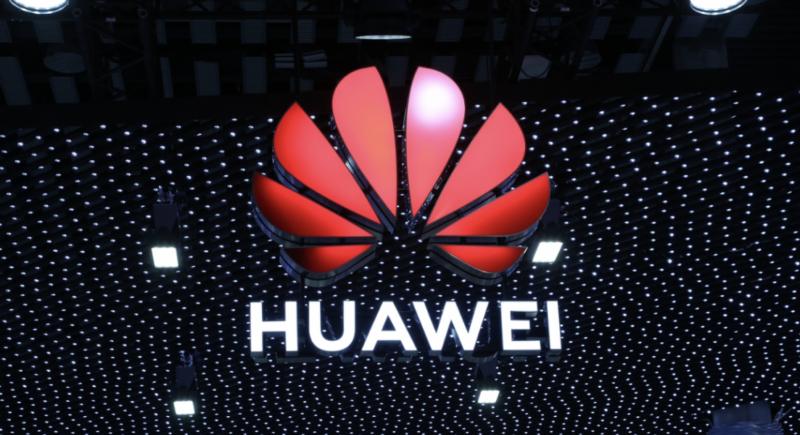A new scandal dubbed “Qatargate 2.0” has emerged, casting another shadow on the European Parliament’s transparency and integrity. Allegations of corruption linked to China’s tech giant Huawei have raised serious concerns about the cozy relationship between some MEPs and large corporations.
This fresh controversy is making waves, especially following the unresolved Qatargate scandal, and it only adds fuel to the fire of growing distrust in EU institutions.
On March 13th, Belgian media outlets reported that authorities had sealed the office of an assistant to Bulgarian MEP Nikola Minchev in Strasbourg. Minchev confirmed the news and promptly ended his assistant’s contract. That same day, over 100 officers carried out operations in Portugal and Belgium, leading to the arrest of 21 people, though their identities remain undisclosed.
An investigation by right-wing media in Europe has revealed that from 2020 to 2023, at least 25 meetings took place between Huawei representatives and European parliamentarians. These discussions spanned a range of topics, including digital legislation and technological inclusion. However, the lack of transparency surrounding these meetings raises suspicions about whether the Chinese company was unduly influencing EU policy.
This is not the first time corruption involving Chinese companies has been linked to EU officials. The Qatargate scandal, which exposed bribes and backdoor deals in the Parliament, is still fresh in people’s minds. Likewise, other questionable incidents, like the indictment of Ursula von der Leyen for deleting messages with the CEO of Pfizer regarding a massive vaccine contract, have been quietly swept under the rug. Even Roberta Metsola’s husband’s connections to Royal Caribbean haven’t gone without scrutiny.
The fact that the highest-ranking EU officials—such as the Presidents of the European Commission and Parliament—are embroiled in such controversies doesn’t help matters. With top leadership compromised, it’s no wonder similar scandals continue to emerge, undermining the integrity of EU institutions. In this environment, the concepts of transparency and accountability seem hollow when those at the top fail to set a proper example.
While attempts are being made to reach out to the MEPs involved for comment, no clear responses have been given. The European Public Prosecutor’s Office is investigating a potential corruption scheme that dates back to 2021. However, the big question still looms: Did these meetings with Huawei influence critical EU decisions?




